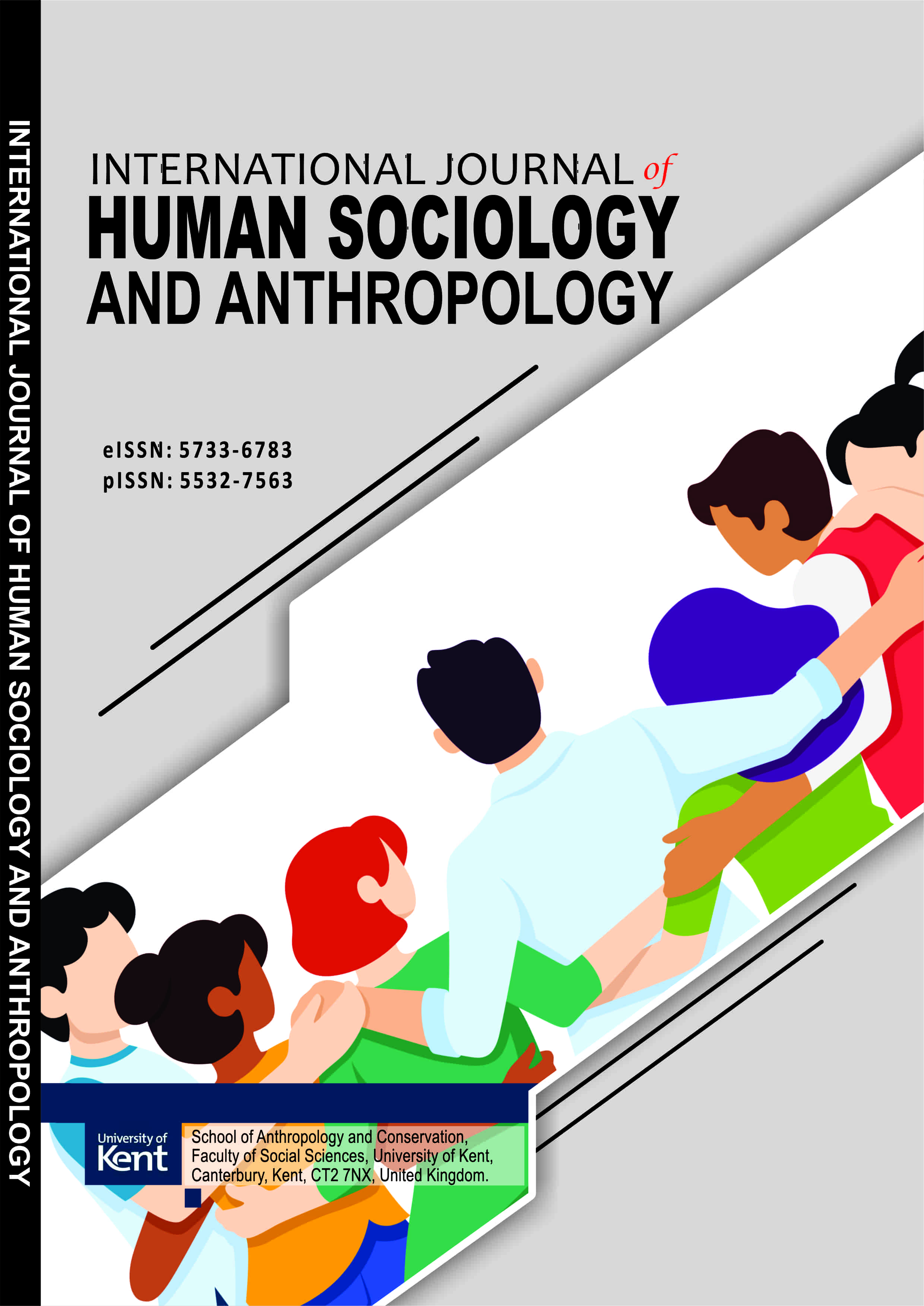INTERNATIONAL JOURNAL FOR HUMAN SOCIOLOGY AND ANTHROPOLOGY (IJHSA)
THE SIGNIFICANCE OF TURNING TO GLOBAL HISTORY FOR NATIONAL HISTORIOGRAPHY
E-ISSN: 5733-6783
P-ISSN: 5532-7563
DOI: https://iigdpublishers.com/journals/158
Nation is a key framework for historical research since the discipline has appeared. However, the circumstance began to change in the 18th century when globalisation began. With the era of globalisation, historians have rethinking about should the nation-state still be the centre of historical research. With the rise of global historiography and its core component, transnational history, national historiography faces severe challenges. Many global historians are asking for the abolishment of national historiography. Moreover, many transnational historians are advocating for replacing nations with larger units for the historical framework. For example, Fernand Braudel wrote his famous book Mediterranean, which depict the history of all the nations surrounding the Mediterranean. After the publishment of the Mediterranean, historians such as Alison Games are advocating for using the ocean instead of the nation as a new historical framework. Nevertheless, many opponents are defending the status of national historiography. They remind historians that the writing of history is served as support for the rule of the nation. So national historiography will continue to dominate historical research as long as the state continues to exist as a political unit. There are also plenty of historians who firmly believed that national historiography would coexist with global historiography in the future.
Yifei Liu
S. D. Aslanian et al., (2013). ―AHR conversation: How size matters: The question of scale in history,‖ American Historical Review, vol. 118, no. 5, at page 40.
S. Conrad, (2016). What is Global History, Princeton: Princeton University Press, Pro Quest Ebrary, vol. 134.
J. N. Neem, (2011).―American history in a global age,‖ History and Theory, vol. 50, no. 1.
J. P. A. Ghobrial,(2019). ―Introduction: Seeing the world like a microhistorian,‖ Pasta and Present, vol. 242.
N. Canny & P. Morgan, (2011). The Oxford Handbook of the Atlantic World: 1450- 1850, Oxford: Oxford University Press.
